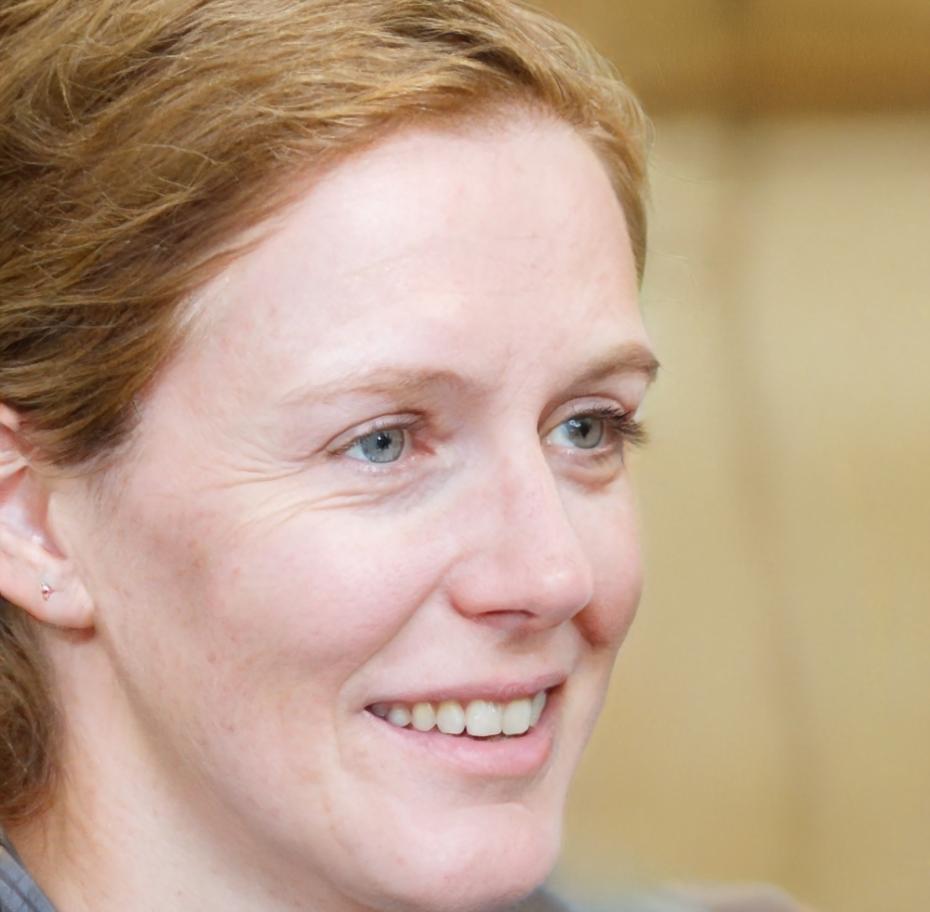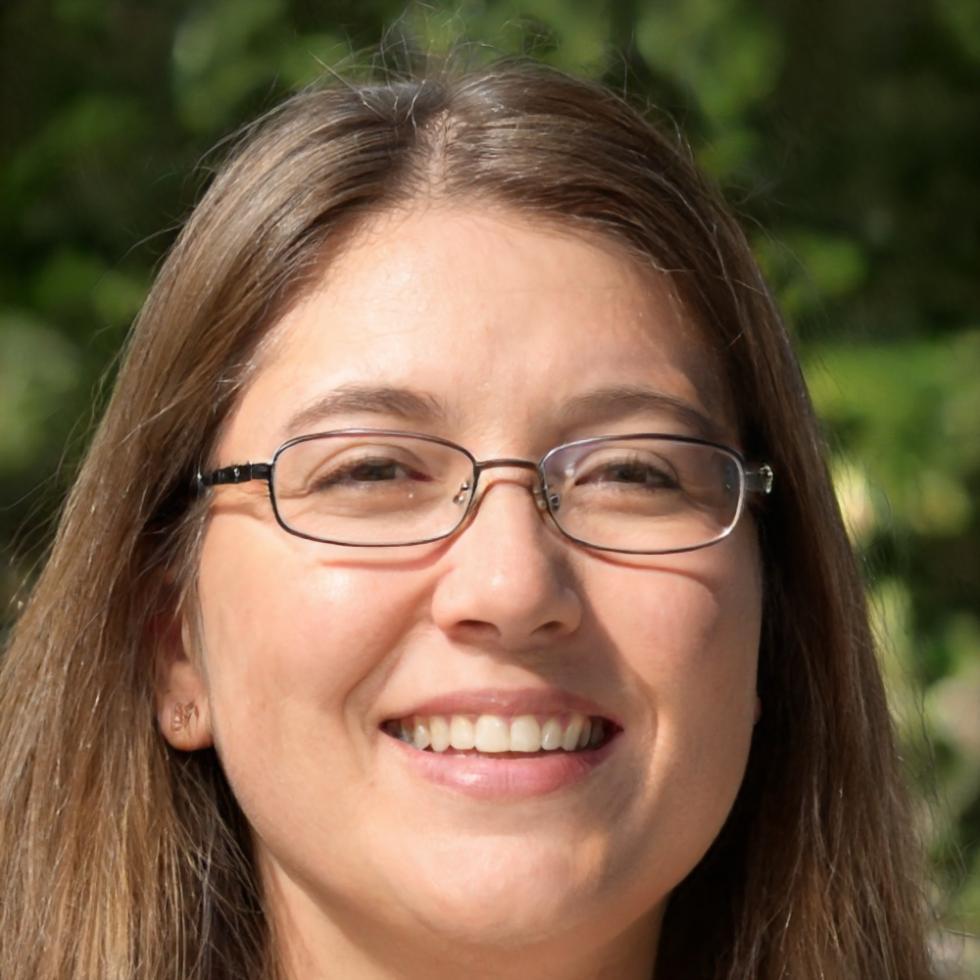Financial Recovery Skills Program
Learning to manage money after a tough period doesn't happen overnight. Our program runs from September 2025 through March 2026, giving you time to build habits that actually stick. We work with people who've been through redundancy, business closures, divorce, or unexpected health costs—the kind of situations that leave your finances in pieces.
Talk About Your Situation
What You'll Actually Learn
Most financial education assumes you're starting from zero. But you're not—you've had a setback. That's different. You might know how budgets work but need help dealing with creditors. Or maybe you understand debt but can't figure out how to start saving again when everything feels uncertain.
We start the first month just getting your current situation clear. Not judging it, just understanding where things stand right now. Then we work on immediate pressure points—the calls, the letters, the stress that makes it hard to think straight.
- Assessment sessions that map your actual financial position without assumptions
- Communication templates for dealing with banks and service providers
- Rebuilding credit when your score took a hit during the difficult period
- Creating realistic budgets that account for irregular income or ongoing uncertainty
- Planning for future stability without pretending the past didn't happen
Six Months of Practical Work
Each module runs for four weeks. You'll meet twice weekly—once for new material, once for working through your own situation with support. Between sessions, you're implementing what you learned. Some weeks will feel slow. That's normal when you're rebuilding.
Understanding Where You Are
September 2025. We document everything—income, debts, assets, obligations. This part isn't fun, but you can't plan without knowing your starting point.
- Creating accurate financial statements
- Identifying priority debts vs. manageable ones
- Calculating realistic available income
- Spotting financial agreements that need attention
Managing Immediate Pressure
October 2025. Learn how to communicate with creditors, utility companies, and anyone else who's sending demanding letters. There are legal protections you probably don't know about.
- Payment arrangement negotiations
- Understanding your rights with debt collectors
- Hardship provisions in Australian law
- Written communication that gets responses
Building a Working Budget
November 2025. Not the perfect budget you'll have someday—the one that works right now with the income and expenses you actually have. We'll adjust it as things change.
- Zero-based budgeting for tight situations
- Tracking variable expenses accurately
- Building small buffer amounts
- Handling budget failures without giving up
Addressing Credit Issues
December 2025. If your credit file has problems, we work on fixing what can be fixed and managing what can't. Credit repair takes time, but you can start the process.
- Obtaining and reading credit reports
- Disputing incorrect information
- Rehabilitation strategies for accurate negative marks
- Building positive credit history again
Creating Financial Stability
January 2026. Once immediate crises are handled, we focus on building something that lasts. Small emergency funds, better banking arrangements, systems that prevent future problems.
- Starting emergency savings with small amounts
- Choosing appropriate financial products
- Automating good financial habits
- Identifying early warning signs of trouble
Planning Forward
February–March 2026. Looking ahead without forgetting what you've learned. Setting realistic goals, understanding what you can control, and knowing when to ask for help before things get difficult.
- Setting achievable financial goals
- Creating contingency plans
- Understanding when to seek professional advice
- Maintaining progress after the program ends
Who You'll Work With
Our facilitators have worked in financial counselling and recovery support for years. They've seen people in situations much worse than yours figure it out. And they've seen people with easier situations struggle because they didn't have the right support.

Blythe Kerslake
Blythe spent twelve years as a financial counsellor before joining our education team in 2022. She's worked with families dealing with everything from farm debt to gambling problems to business failures. She doesn't sugarcoat things, but she also doesn't judge. Her sessions focus on what's actually possible given your circumstances.

Verity Dunbar
Verity handles the credit repair and banking modules. She worked in retail banking for eight years before moving into consumer advocacy. She knows how banks actually make decisions, which makes her really good at helping people navigate those systems. She runs the sessions on negotiating with creditors and rebuilding credit history.
